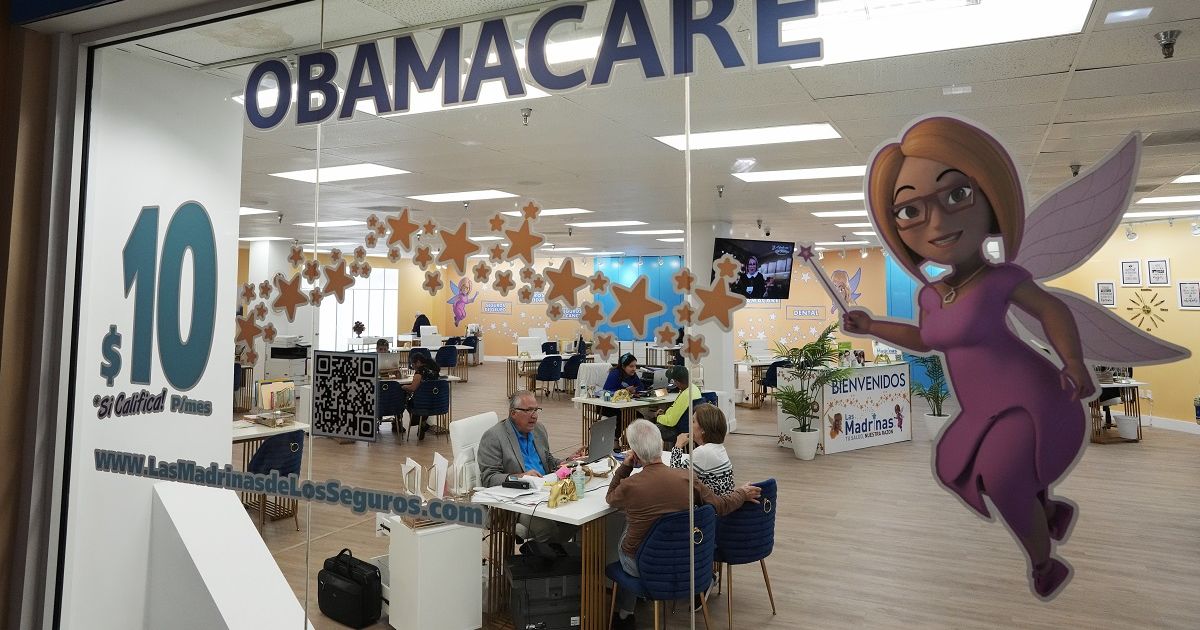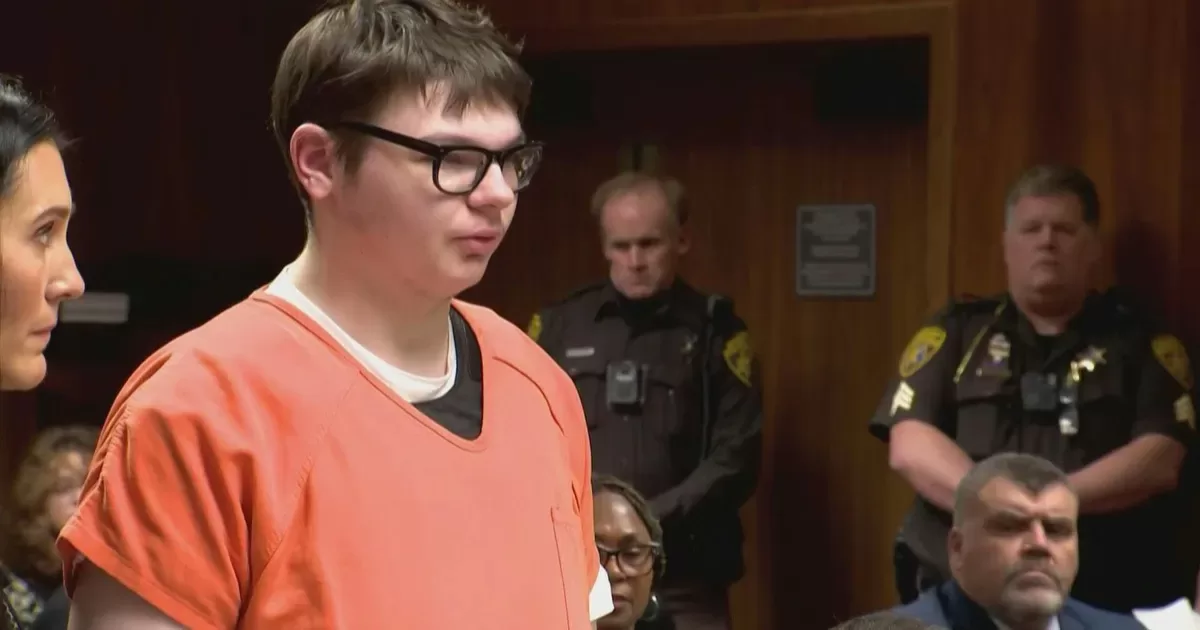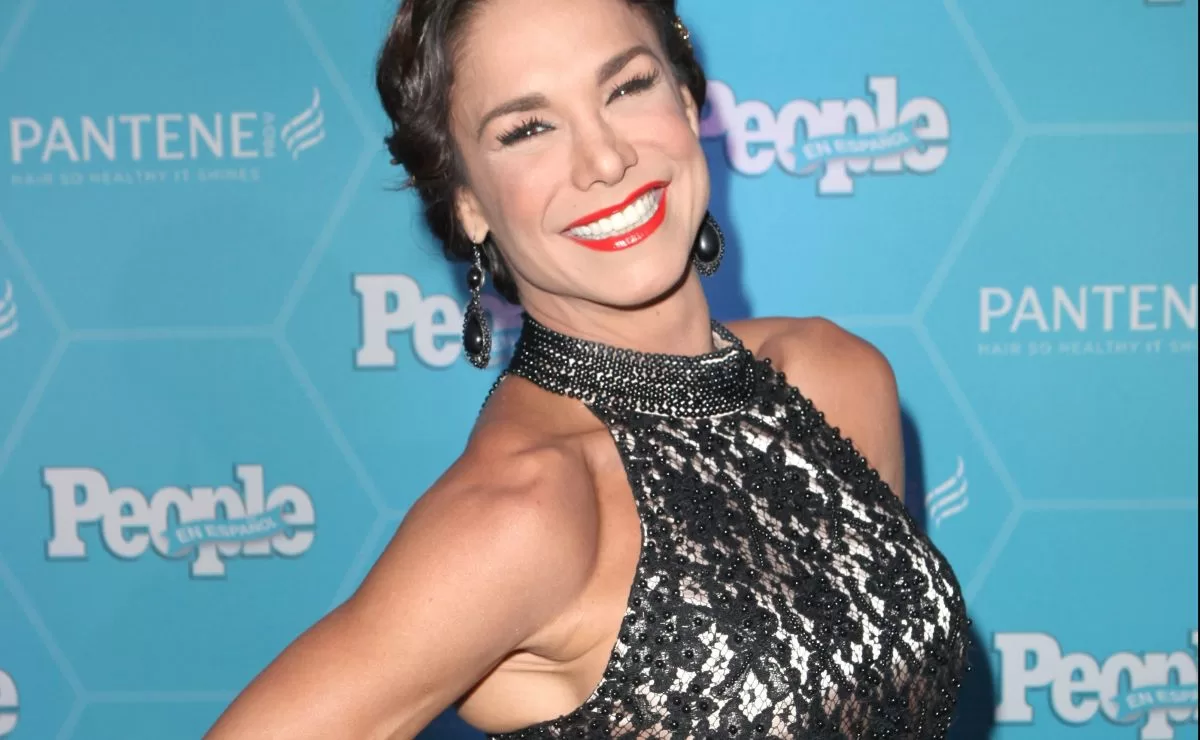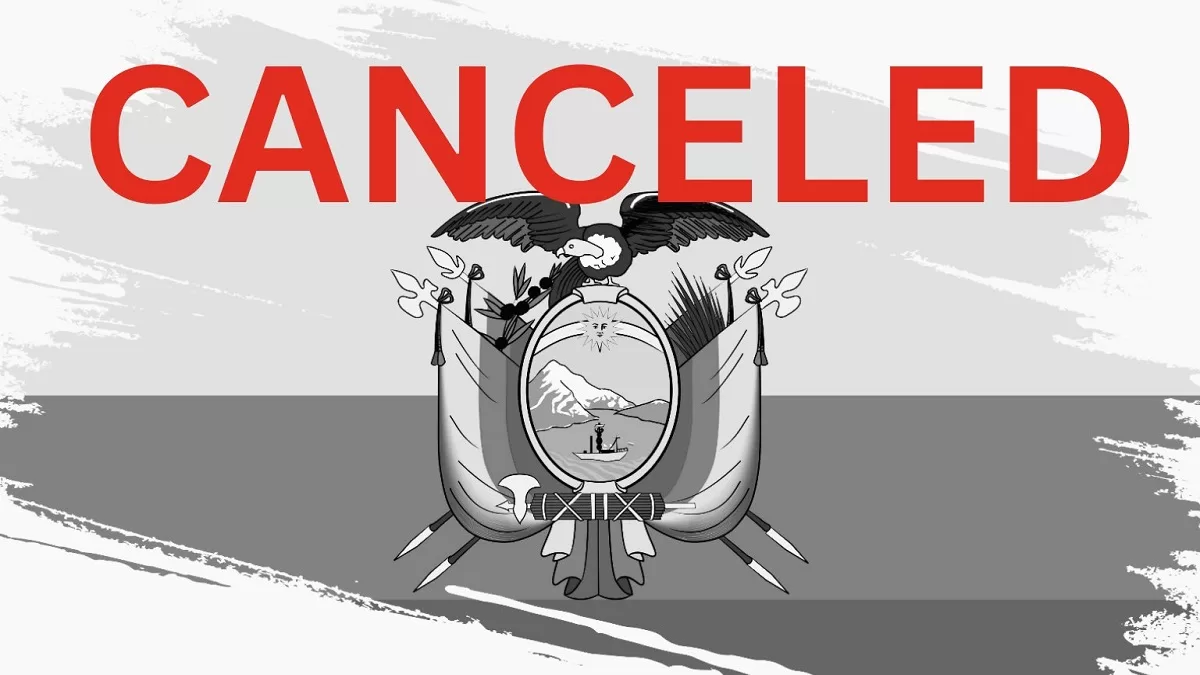NEW YORK — After three years, the U.S. government-mandated freeze on pandemic-era student loan payments will end at the end of August.
It may seem tempting to go ahead without making payments, but the consequences can be serious, including an impact on your credit score and exclusion from future welfare benefits.
More than 40 million Americans will have to start repaying their federal student loans again by the end of the summer under the terms of a debt-ceiling deal passed by Congress.
Millions are also waiting to know if the Supreme Court will allow President Joe Biden’s student loan forgiveness plan to go ahead. But the payments will resume regardless of what the judges decide.
That means tough decisions for many debtors, especially those who are already in difficult financial situations.
Experts say late payments and bankruptcy should be options of last resort, and that deferral and forbearance — which pause payments, though interest can still add up — are often better in the short term.
WHAT HAPPENS IF THE STUDENT LOAN IS NOT PAID?
Once the moratorium ends, borrowers who cannot or do not pay risk defaulting and eventually defaulting. That can seriously damage your credit rating and make you ineligible for extra help and government entitlements.
If you’re having trouble paying, counselors first encourage you to see if you qualify for an income-based repayment plan, which determines your payments by looking at your expenses.
You can determine this on the Federal Student Aid website.
If you have worked for a government agency or nonprofit organization, you may also be eligible for the Public Service Loan Forgiveness Program, which forgives student debt after 10 years.
The decision comes as they discuss what to do with Biden’s plan to eliminate $400 billion in student debt.
Carolina Rodriguez, director of the Community Service Society of New York’s Educational Debt Consumer Assistance Program, emphasizes that anyone temporarily unemployed should be able to qualify for a zero-dollar payment plan. And many others would qualify based on their income and family size.
“The repercussions of delinquency can be quite severe,” Rodriguez said. “The federal government can, administratively, intercept tax refunds and wages. And it can affect Social Security, retirement and disability benefits. Does it make financial sense at the time? Probably not”.
Rodriguez says her organization always advises against deferment or forbearance, except when the borrower has exhausted all other options. In the long term, these financing options offer little benefit, since some loans will continue to accrue interest, even if they are deferred.
Abby Shafroth, a senior attorney and director of the Student Loan Borrower Assistance Project at the National Center for Consumer Law (NCLC), said that of the two, deferment is generally the better option.
To see more from Telemundo, visit
This is because interest generally does not accrue on Direct Subsidized Loans, Federal Subsidized Stafford Loans, Federal Perkins Loans, or on the subsidized portion of Direct Consolidation Loans and FFEL Consolidation Loans. .
All other federal student loans that are deferred will continue to accrue interest.
“Forbearance allows you to postpone payments without being taken against you, but interest accrues. Therefore, you will see your balance increase every month.”
WHAT ABOUT THE BANKRUPTCY DECLARATION?
For most who have student loans, it is still very difficult to pay off their loans through bankruptcy. Borrowers must demonstrate a very strict standard of financial circumstances called “undue hardship.”
“That doesn’t mean people shouldn’t look into it,” Rodriguez said. “But they may not be successful in paying off their loans.”
For borrowers who show that level of financial stress, they likely have other options, Rodriguez said.
She advises borrowers to make sure they speak with a bankruptcy attorney who knows about student loans, which require a different procedure than other types of bankruptcy cases.
NCLC’s Shafroth says new guidance on student loan bankruptcy has emerged in recent years.
“Although it is difficult to pay off your loans through the bankruptcy process, an increasing number of borrowers are eligible to pay off their loans that way,” he said. “Many people think that there is no way or that it is impossible. But it’s becoming more and more possible.”
WHAT HAPPENS WHEN YOU FALL IN DEFAULT?
When you stop paying for 270 days, about 9 months, the loan appears on the credit report as delinquent.
“At that point, you’re not just behind, you’re in collection,” Shafroth said. “That’s when you become ineligible for new federal student aid. Many people default because they couldn’t complete their degree on the first try. This prevents them from going back to school.”
Once a loan is delinquent, it is subject to the collection processes mentioned above.
That means the government can garnish wages (without a court order) to repay the loan, intercept tax refunds, and seize portions of Social Security checks and other benefit payments.
WHAT OTHER OPTIONS ARE THERE IF I CANNOT PAY?
Shafroth said many borrowers could still be eligible to have their loans canceled through a patchwork of programs outside of the Biden administration’s proposed debt forgiveness program.
And up to $20,000 for low-income people who went to college on Pell Grants
“If your school closed before you could complete your studies, you are eligible for assistance. If your school lied to you or misrepresented what your enrollment would mean, you can file a borrower defense application and ask to have your loan discharged on that basis,” he explained. “If you have a disability, sometimes you can get your loans discharged on that basis.”
Shafroth encourages borrowers to check the Student Aid website to see what their options might be before defaulting.
WHAT HAPPENS IF MY LOANS WERE IN DEFAULT BEFORE MARCH 2020?
Under the Biden administration’s Fresh Start program, borrowers with federal student loans that were delinquent before the break are given the opportunity to catch up.
Borrowers who were in arrears will not be subject to collection processes or wage garnishment until approximately August 2024, or approximately one year after the payment freeze ends. These borrowers have also been granted permission to apply for federal student loans again to complete their studies and earn a degree. Lastly, these delinquent loans are now reported to the credit bureaus as current.
That being said, borrowers need to take action if they want to stay out of default after this one-year grace period ends.
To remove your default record, you must contact the Education Department’s Default Resolution Group online, by phone, or by mail, and ask the Group to remove the defaulted loans through the Fresh Start policy.
In four to six weeks, any record of default will be removed from your credit report and the loans will be placed with a loan servicer. This will also give you access to payment plans based on income and Public Service Loan Forgiveness, if you qualify.
WHAT HAPPENS IF I WAS LATE ON PAYMENTS OR DELINQUENT BEFORE MARCH 2020?
The Fresh Start program also applies to borrowers who were delinquent before the payment pause.
Those accounts will be considered current and borrowers will have the option to enroll in income-based repayment plans that can reduce bills to $0, or file for a deferment, forbearance or bankruptcy.





